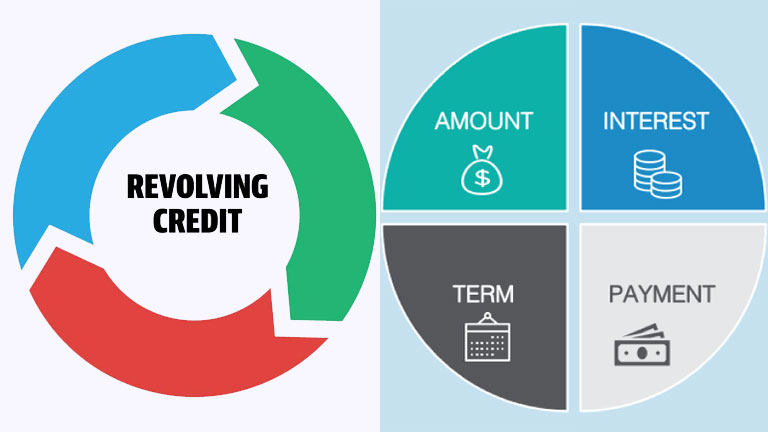In commercial transactions, personal guarantees are standard business practices. It is a promise the person giving the guarantee makes that they will meet up the obligations of the company or person pursuing such agreement.
A guarantee is made up of three parties:
- The two parties making the agreement
- The guarantors that promises both parties will meet the obligations of the agreement being made
Individually, the prospect of putting pen to paper on a legal document which could potentially be risky to your personal assets can be daunting.
Even though personal guarantees are quite common in credit agreements, they are mostly misunderstood. Here are the 5 things you should consider before signing a personal guarantee form:
1.When should you enter a personal guarantee?
A creditor will typically ask for a personal guarantee when lending to a small business. Such a guarantee will be when a company managed by an owner is looking to get some finance for the business. This might be an overdraft facility or a business loan, funding for a property purchase, or invoice funding. It is common for people in the trading business, such as partners, shareholders or directors, to hold title to the assets used by the partnership or company. Their spouse can also take part in the agreement. The assets could be farmlands, family house or machinery. Due to this, the borrower often is a different legal entity to the guarantor, since the bank focuses on the holder of the assets to personally provide the needed funding.
2.A joint or several liability
One individual or several individuals can provide a personal guarantee. In the case where the guarantors are multiple, each of them can be made liable to the lender under the guarantee. This gives the creditor the opportunity to make full or partial claim against any of the guarantors for amounts due by the lender under the agreement. This implies that in an instance where the guarantors are more than one, and one of them fails to pay, the lender or creditor is free to pursue the other for the entire amount guaranteed.
3.Standard and legal terms of lender
The agreement is set on the standard terms and conditions of the creditor or the bank. So, have it in mind that the scope of negotiation of the conditions can be limited. Before going into such agreement, the lender will usually necessitate each guarantor to get legal advice independently. This is to make sure the guarantor has a good understanding of the extent, consequences and nature of liability and the risks involved with such agreement. An independent solicitor is required to provide written confirmation, after meeting face to face, stating that the guarantor totally understands what they are getting into, were not forced into the agreement, but entered freely.
4.Termination of a personal guarantee
Personal guarantee insurance can be limited or unlimited, depending on the circumstances surrounding the agreement. Before entering such agreement, it is normal for the lender to give the guarantor some information stating the procedure for termination by the guarantor in the future. In addition to that, there will be conditions stating that the guarantor may cancel any future liability by giving written notice to the creditor. The guarantor remains liable for due amounts incurred by the borrower till the end of the agreement. Any termination of the agreement will greatly impact the borrower; the lender is likely to get alternative security. After payment of the debt, the guarantor can ask the creditor to release them from the agreement and give off any security granted to back it. The creditor may continue having rights against the guarantor notwithstanding a release.
5.When will the agreement be enforced, and what does it mean for a guarantor?
If the borrower goes against the agreement for instance, by missing to repay or fail to comply with the terms of the loan, the creditor can review if they can continue supporting the borrower. If the lender is unable to do so, they must look to the security or guarantees to get back the amounts. Also, instead of asking for repayment through its rights the creditor holds against the borrower, the creditor is entitled to seek for repayment under personal guarantee. If the guarantor fails to make payment of the amounts due, this can lead to the lender calling any security granted by the guarantor to take further action.




